
Improving treatment of spinal cord injuries
Osmotic therapy device reduces swelling to prevent secondary injuries in rats
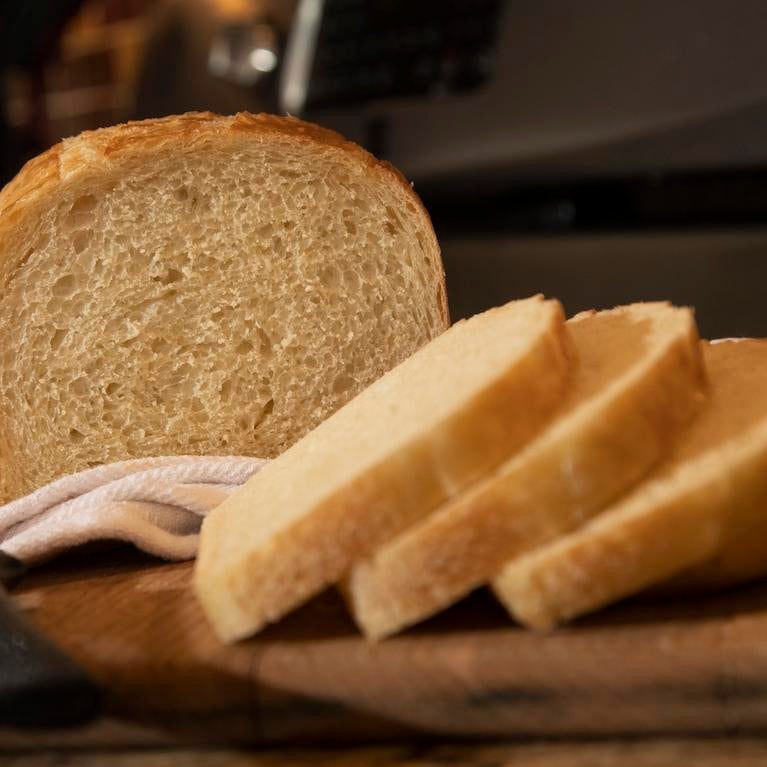
Coveting yeast? It's much more than a loaf of bread
While quarantined bakers discover sourdough starters, bioengineers tweak yeast to produce compounds that could fight cancer
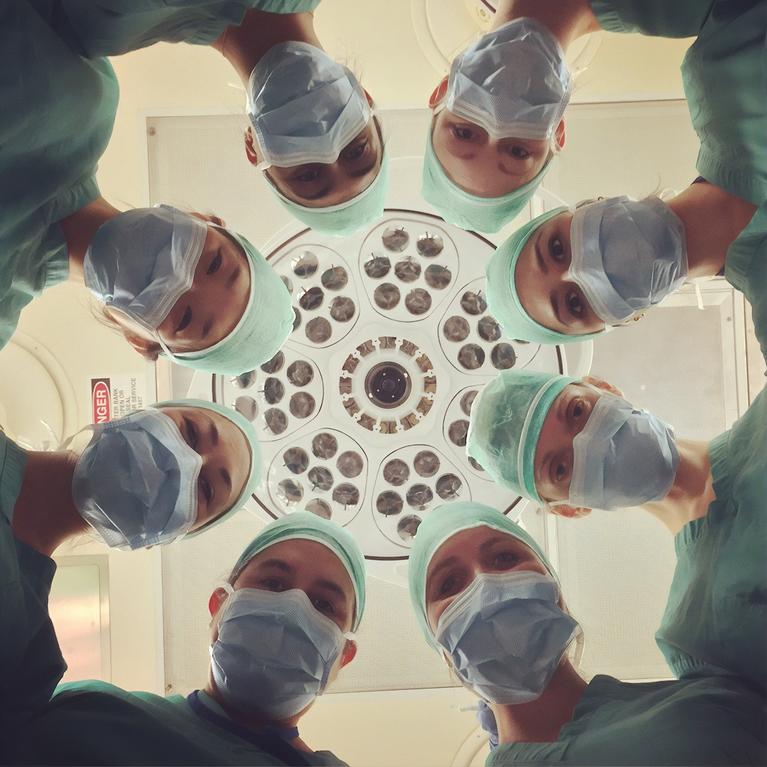
Sterilizing surgical masks for safer reuse
UC Riverside engineers are developing low-temperature plasma technology to sterilize masks
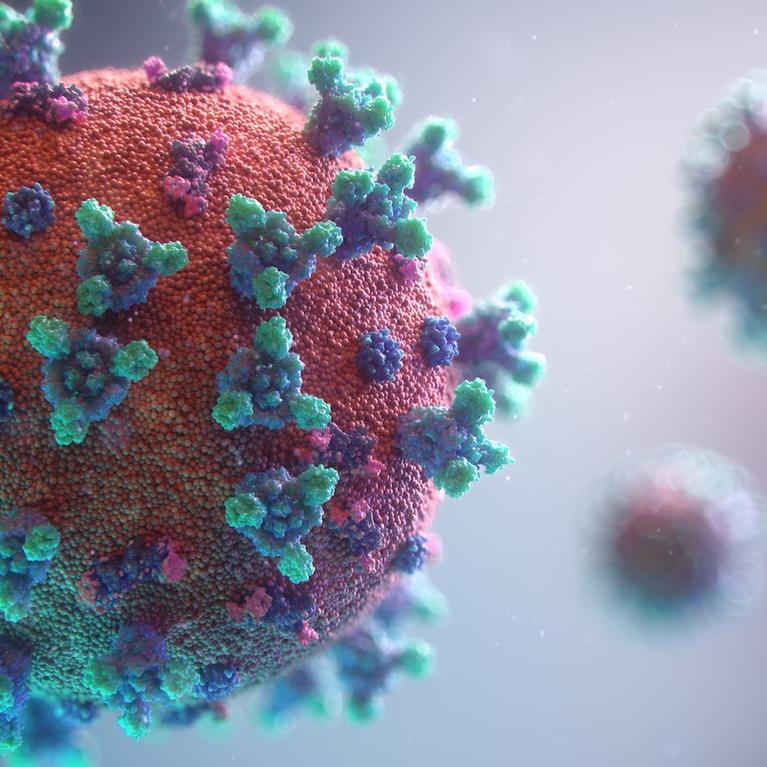
UC Riverside bioengineer seeks to calm influenza’s cytokine storms
Work on selective immune system suppression in influenza could transfer directly to COVID-19
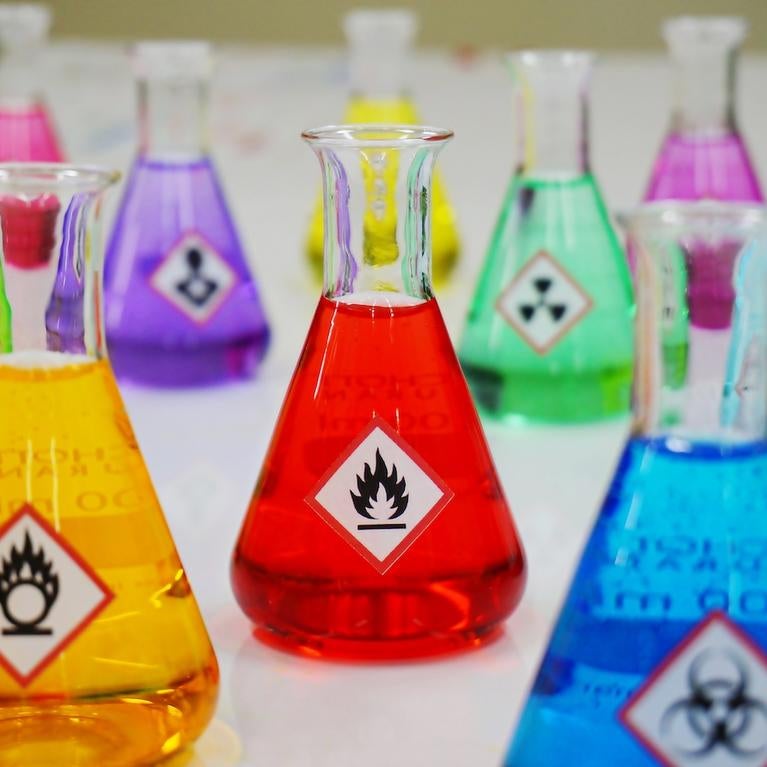
Can I mix those chemicals? There’s an app for that!
New technology can find the safest way to store and dispose of reactive chemicals
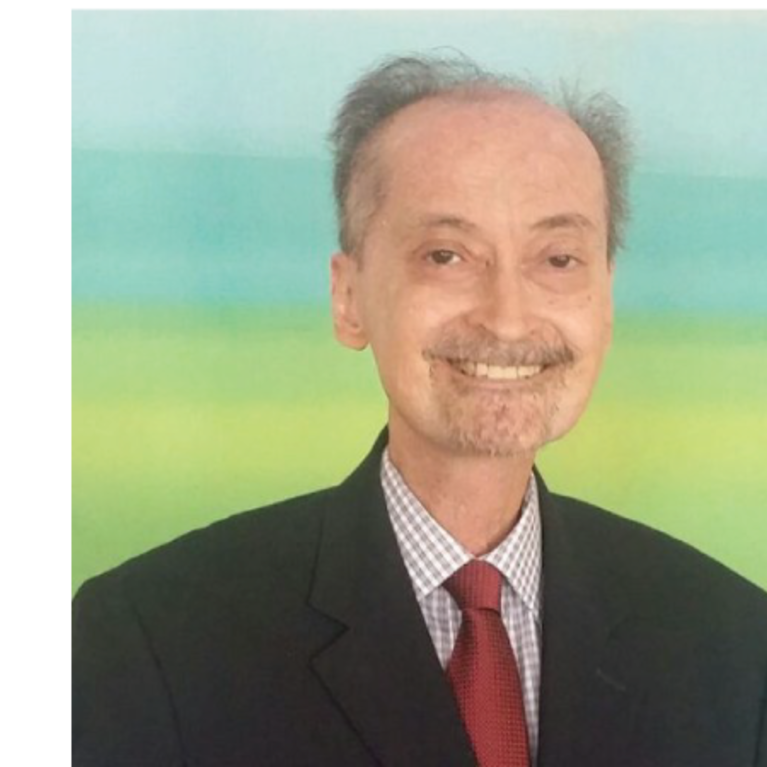
For UC Riverside Bioengineering Professor Immune System Research was Personal
Dimitrios Morikis, UC Riverside Professor of Bioengineering, passed away May 27, 2019. Professor Morikis is well known for his work in immunophysics and immunoengineering, where he used physics and engineering approaches to understand molecular mechanisms of immunology, develop disease models, and design new drugs and molecular sensors for autoimmune and...

‘A closed mouth doesn’t get fed’
This future PepsiCo associate was raised without her parents since the age of 9. Her resiliency transformed into grit
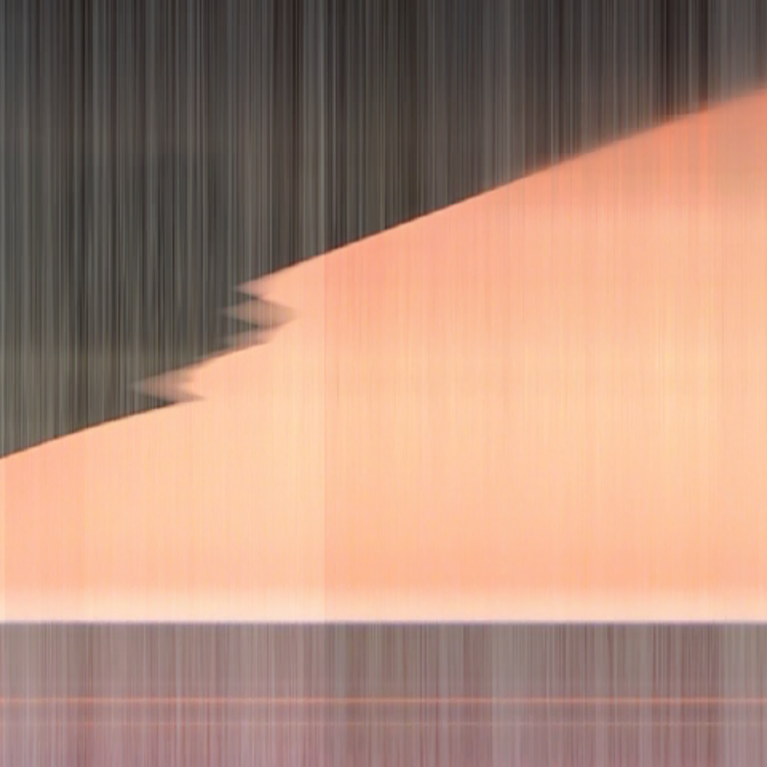
Seeing through food and drug fakes and frauds
“Chronoprints” can identify a sample from a video taken as it reacts to disturbance
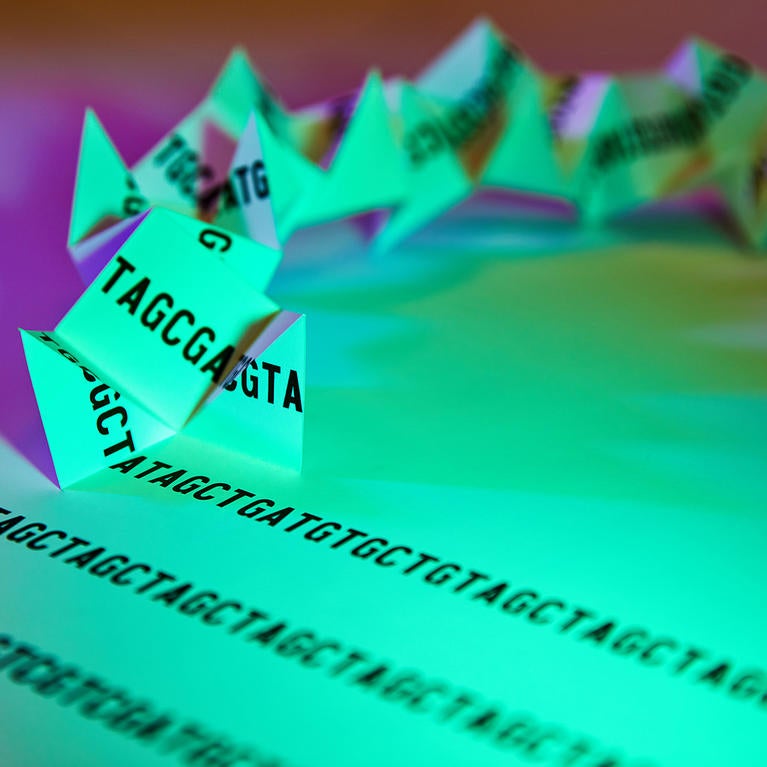
Machines whisper our secrets
Spies can learn what a machine is making from the sounds it makes
Bioengineering-led Neuroengineering Symposium brings more than 80 academic experts to share their advancement and build partnerships
UCR’s Department of Bioengineering led the campus’ first Computational Neuroimaging and Neuroengineering Symposium (CNNS) in November. The symposium brought together more than 80 cognitive neuroscientists, computational psychologists, bioengineers and neuroengineers, electrical and computer engineers, and computer scientists to discuss new advances and results in the fast-growing field. Students, postdocs, and...
Bioengineering to host an open house of its new Pediatric Rehabilitation Technology Lab showcasing advancements in pediatric assistive devices
The ability to move independently permits us to examine the world around us. Children born with motor impairments face unique challenges to learn about their environment and develop cognitively and socially through locomotion. Innovative research in pediatric rehabilitative technologies allow children with these disabilities to interact with and explore their...
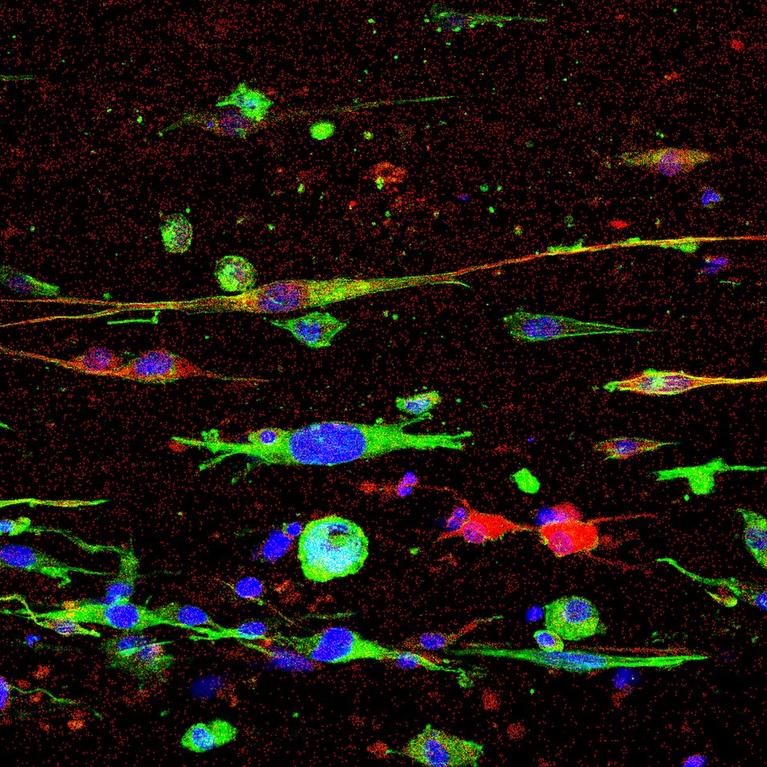
Grant will help engineer human-like nerve tissue
The tissue will be used to study neurological diseases
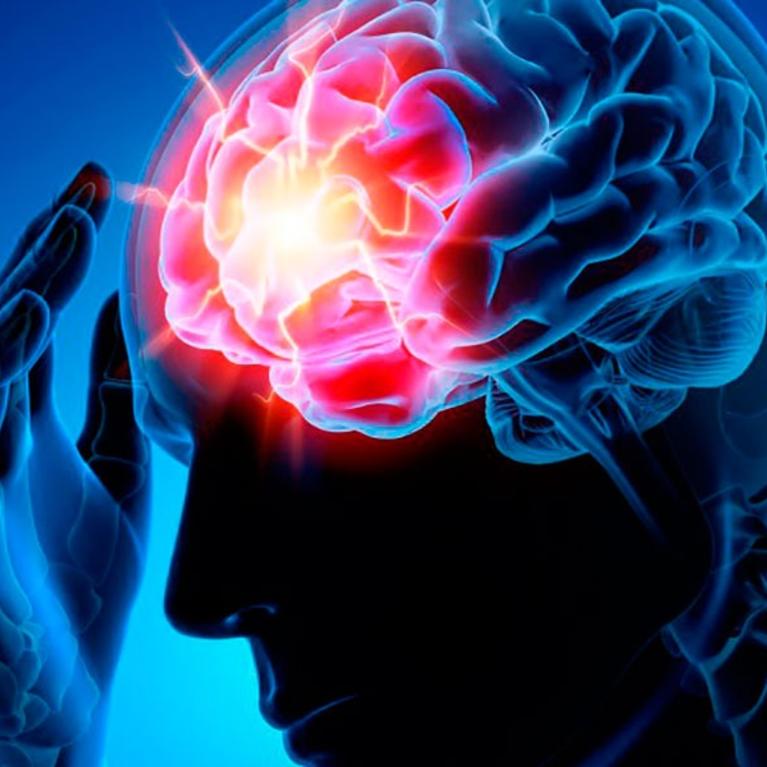
Federal grant will help develop new stroke treatment
The device aims to reduce brain swelling and deliver a neuroprotective drug
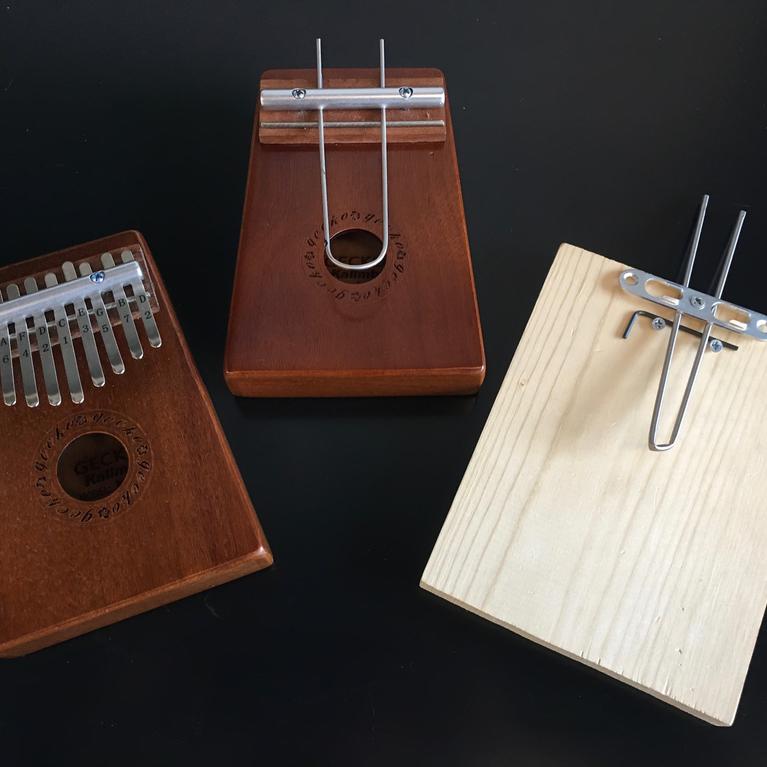
Musical sensor shows bad medicine plays false note
Inspired by a musical instrument, the simple sensor can be constructed from common materials and used to detect adulterated or counterfeit drugs
Microchips can permanently link patients with clinical samples
Project to embed patient data directly in biological samples receives Gates Foundation funding

Electrons take one step forward without two steps back
Scientists use molecular dipoles to accelerate electron transfer in one direction and completely suppress it in the other. This “holy grail” of energy science could hasten the design of new and superb energy and electronic materials